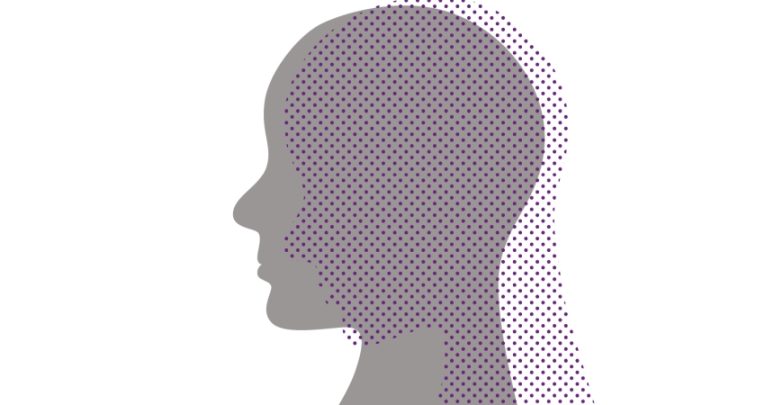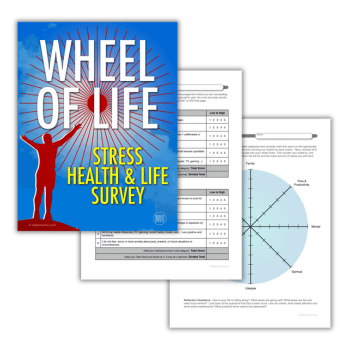Gen Z mental health – It’s not a lack of ‘resilience’ we need to fix

Rather than extol the merits of ‘resilience’ to young people, let’s change our expectations, economics and environment for the better, says Natasha Devon…

I blame Nicky Morgan. There’s been approximately 43,000* Education Secretaries since, so you could be forgiven for not remembering. However, it was Morgan who introduced a package of measures to ‘instil character’ in young people.
After this, the word ‘resilience’ seemed to crop up endlessly in conversations around mental health in schools.
As a mental health campaigner and educator, I was asked at the time, ‘What can we do to make kids more resilient?’ ad infinitum. This was by parents, media interviewers and anyone who I happened to share my job title with in a social situation.
Eventually, I got to the stage where I simply refused to answer, because the ensuing conversation would never be fruitful. Victim blaming rarely ever is.
Gen Z mental health
According to NHS statistics, 1 in 5 children has a probable mental health disorder. Imagine, for one moment, if 1 in 5 children currently had a broken leg.
Would our default stance be to suggest that these children’s bones were somehow built differently from their peers? That they were clumsier, and therefore deserved their fate?
Or would we rather ask, ‘What is it in the environment of these young people that’s causing this outcome for so many? And how can we make it safer?’
I’d like to think we’d opt for the latter. Whether we’re talking about mental or physical health, that’s invariably the correct response.
The teenagers attending school circa 2014 are now the notorious ‘Gen Z’ that everyone seems to be constantly criticising.
In April 2024, the Secretary of State for Work and Pensions, Mel Stride, claimed that “Mental health culture has gone too far”. He went on to tell The Telegraph that, “The real risk now is that we are labelling the normal ups and downs of human life as medical conditions, which then actually serves to hold people back, and ultimately, drive up the benefits bill.”
This prompted Sky News to call upon the impeccable expertise of former Apprentice candidate turned media personality Ryan-Mark Parsons.
He declared that when it comes to Gen Z mental health, young people should aspire to emulate the ‘stiff upper lip’ of their Boomer forebears.
The unspoken protocol
There’s more than one screamingly obvious problem with this stance. Firstly, as numerous studies have shown, for a long time the unspoken protocol was to cite a ‘bad back’, ‘migraine’ or ‘stomach bug’ to explain absences from work which were, in fact, mental health-related.
Trending
Indeed, these common physical symptoms can actually be a result of ignoring mental health concerns.
Furthermore, for the Boomer generation there’s a measurable point of vulnerability for suicide around retirement age, particularly for men. Around a third of Gen Z don’t drink alcohol. On the other hand, older generations are more likely to use it to manage stress.
When we instruct young people to employ a ‘stiff upper lip’, what we actually mean is, ‘Could you just self-medicate through your working career, then have a crisis at the point of life when you’re supposed to be enjoying yourself? Ta.’
That’s before we even take into account how much the world has changed. Young people generally have less access to community, exhibit higher rates of loneliness and face greater academic pressures.
They’re also more likely to live in poverty, less likely to earn a wage that covers their bills and stand less chance of moving out of their family home and into a place of their own before their 30s.
A terror in knowing
This generation also carries super computers in their pockets. These give them access to unlimited information from across the globe. As Bowie once sang, ‘There’s a terror in knowing what this world is about.’
Oh, and ‘this world’ also happens to be on fire, while the warnings of climate experts go ignored. If anything, I’d say if you don’t feel anxious right now, you probably aren’t paying attention.
When it comes to Gen Z mental health, young people should be applauded for having the emotional literacy to identify anxiety and low mood, and ask for support. As the philosopher Jiddu Krishnamurty once famously said, ‘It is no measure of health to be well adjusted to a profoundly sick society.’
Natasha Devon is a writer, broadcaster and campaigner on issues relating to education and mental health; to find out more, visit natashadevon.com or follow @_NatashaDevon
*actually, 8











